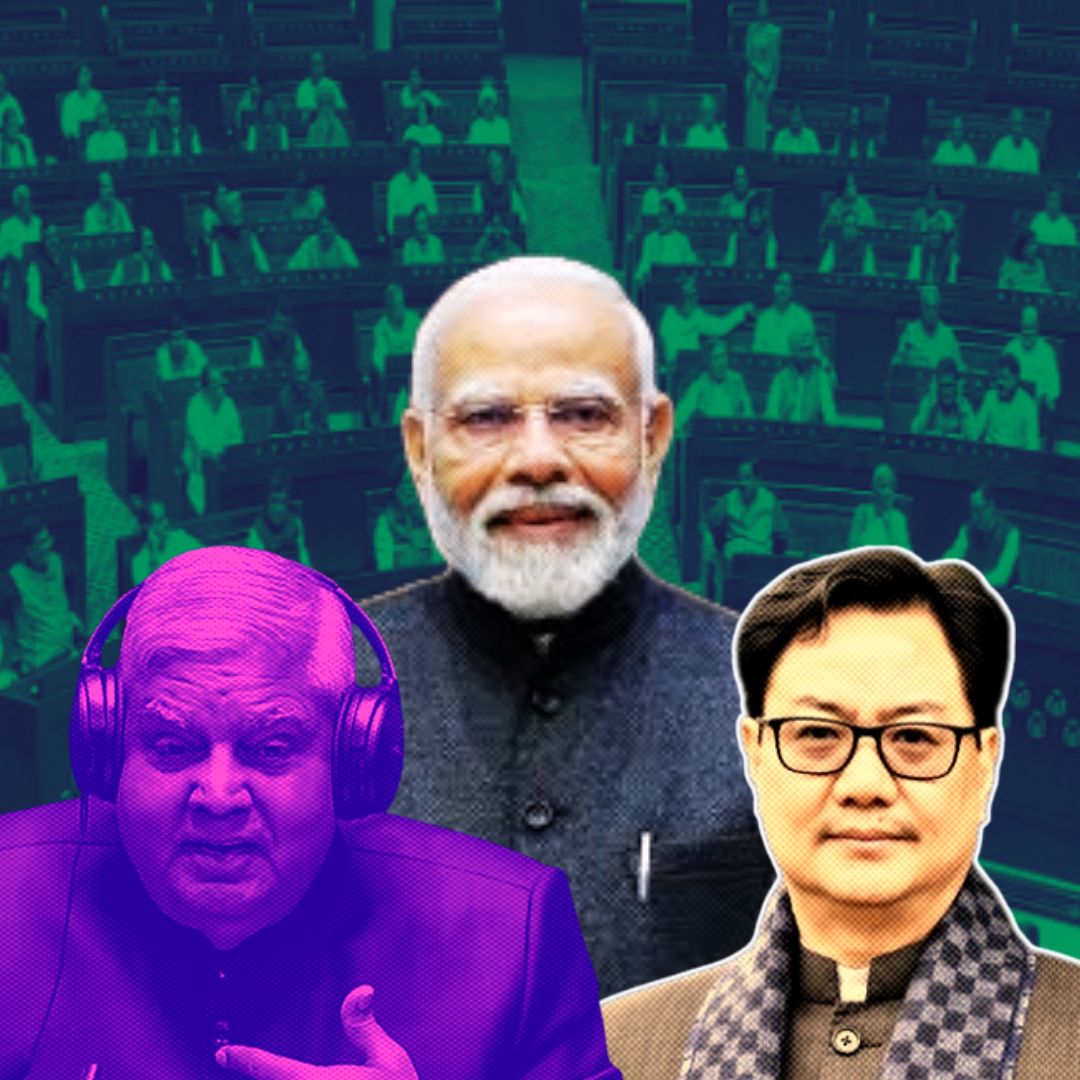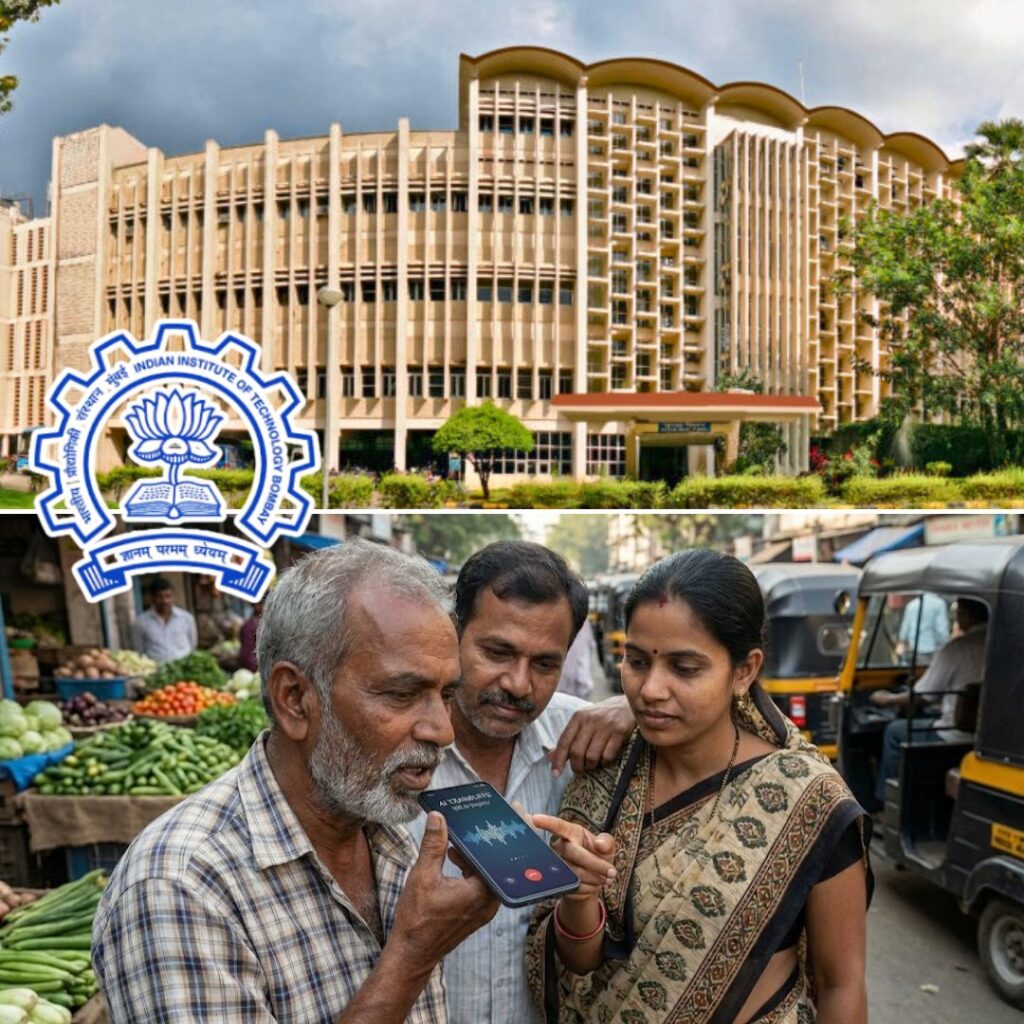The Rajya Sabha has passed the Waqf (Amendment) Bill, 2025, with a majority of 128 votes in favour and 95 against. This legislation, aimed at enhancing transparency and accountability in Waqf Boards, will now be sent to President Droupadi Murmu for her assent.
The Bill was passed after intense debates between the ruling NDA and the opposition INDIA bloc, with Minority Affairs Minister Kiren Rijiju emphasizing its secular nature and the inclusion of non-Muslim members on Waqf Boards. Critics, including Congress leader Sonia Gandhi, have termed the Bill as an “assault” on the Constitution.
Prime Minister Narendra Modi has also weighed in, stating that the Waqf system has harmed the interests of women and Pasmanda Muslims.
Key Developments and Reactions
The passage of the Waqf (Amendment) Bill, 2025, marks a significant step towards reforming the management of Waqf properties in India. Minister Kiren Rijiju highlighted that the Bill is designed to make Waqf Boards more inclusive and secular, with the inclusion of non-Muslim members capped at four out of 22.
This provision aims to ensure diverse perspectives in decision-making processes. The Bill also proposes a structured selection process for Waqf tribunal members and reduces the mandatory contribution of Waqf institutions to Waqf boards from 7% to 5%. Sonia Gandhi criticized the Bill, calling it a “brazen assault” on the Constitution, highlighting concerns about its impact on Muslim communities.
The Bill aims to improve the administration and management of Waqf properties by enhancing the registration process and increasing the role of technology in managing Waqf records. This could potentially streamline the management of Waqf assets, which are significant in India.
Legislative Background and Process
The Waqf (Amendment) Bill, 2025, follows a series of discussions and consultations with stakeholders. It was first passed in the Lok Sabha with 288 votes in favour and 232 against. The Bill was introduced in Parliament last year amid opposition uproar and was subsequently sent to a Joint Committee of Parliament for scrutiny.
The Joint Committee submitted its report after receiving over 97.27 lakh petitions and memorandums, and the Union Cabinet approved it on February 19. However, Opposition MPs raised concerns over their proposed amendments being rejected and claimed their dissent notes had been redacted from the report without their knowledge. This has led to accusations of a lack of transparency in the legislative process.
The Logical Indian’s Perspective
The passage of the Waqf (Amendment) Bill, 2025, raises important questions about the balance between governance reforms and community sensitivities. While the government argues that the Bill will enhance transparency and accountability, critics see it as a potential threat to Muslim rights and constitutional principles.
As we move forward, it is crucial to foster dialogue and ensure that such reforms are implemented with empathy and understanding. The government must address concerns about inclusivity and ensure that the rights of all communities are protected.
How can we strike a balance between administrative efficiency and community harmony in such legislative changes, and what steps can be taken to address the concerns of all stakeholders involved?











